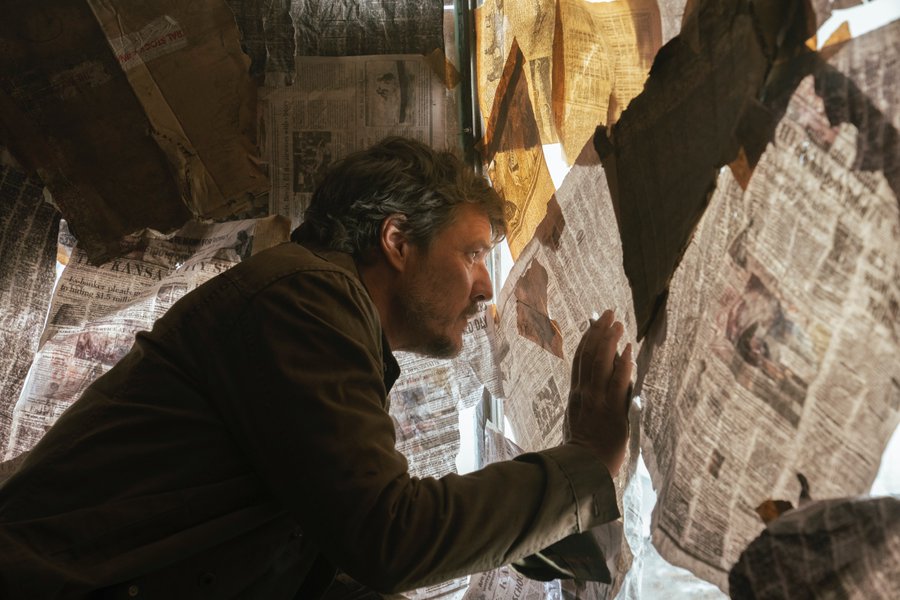
Film Editor James Evenden praises The Last of Us as the pinnacle of video game TV adaptations
As an avid fan of The Last of Us video game, going into the TV adaptation the one thing I felt sure of was that in no way would it emotionally affect me like the game did. Then, I watched the third episode and cried on the sofa. Episode three, featuring Nick Offerman as Frank, a known character in the game, presents one of the most beautiful and refreshing queer love stories I have seen in recent memory, and cemented The Last of Us as an adaptation that uses its form to not only enrich its source material, but arguably improve on it.
“…one of the most beautiful and refreshing queer love stories
The Last of Us manages to set itself apart from the game in a few key areas. Its pilot episode stays true to what fans will know from the game. Joel (Pedro Pascal) has a daughter before the viral outbreak of cordyceps, a fungal infection, and things do not go very well for her. But The Last of Us is not content with simply showing the flashpoints from the game. It uses the world to delve into character backstories that the game did not have time for. It spends time exploring Joel’s new life in Boston in quarantine, and gives room for characters to go about their daily lives. These sections do not hold much narrative purpose, but they are essential in building a world, a world that needs to feel as alive, if not more so, compared to the game because the audience is playing a less active role in it as a TV show. The Last of Us takes its time, and like any TV good adaptation uses its episodic nature to its full, providing almost miniature movies that build on each other, not rushing its story but having the confidence to slow down, where a game needs to be constantly moving forward.
Any good video game adaptation has to compensate for the lack of player control. Normally, a video game has its players controlling the gameplay, but with TV the lack of audience participation needs to be accounted for. The show has to brings its audience into its world and make them feel a part of it without them doing controlling the characters. You do this by giving the characters a sense of familiarity, whilst I think making sure to give them new layers that the audience who has not played the game will not be familiar with. If the characters feel too similar, the audience who have played the game will feel like they know what is coming. The Last of Us TV show adds new depth to its
characters, with small new moments that take them just far away from their video game versions to give something new, and provide a reason for existing in the first place.
“The Last of Us TV show adds new depth to its characters, with small new moments that take them just far away from their video game versions
The Last of Us, as mentioned, is a successful adaptation because of the changes it makes to the game, that can only really be implemented in a visual format and not a video game one. Its slower pace gives its side characters their own moments, taking its emphasis away from Joel and Ellie (Bella Ramsey) to deliver rich world building. The prime example of this is episode three, the episode that really announces itself as an adaptation worth paying attention to. The majority of the episode takes the smart approach in taking its focus from Joel and Ellie. But, crucially, the backstory in episode three focusing on Bill and Frank (Murray Bartlett) maintains the themes of the show as a whole, and the source material. It takes a small moment from the game, Bill and Frank’s backstory, and expands its emotional capability, whilst telling a story about finding hope and light in the darkness, a message that is key to The Last of Us.
“…a story about finding hope and light in the darkness
The Last of Us adaptation stays true to the core messages of the game, whilst finding new ways to tell them. It makes the most of its slower television pace to widen its scope whilst staying true to the intimate story of love that made the original game the masterpiece that it is. It takes a different focus to the game, and like any good adaptation shows us why we fell in love with the source material in the first place.
Comments